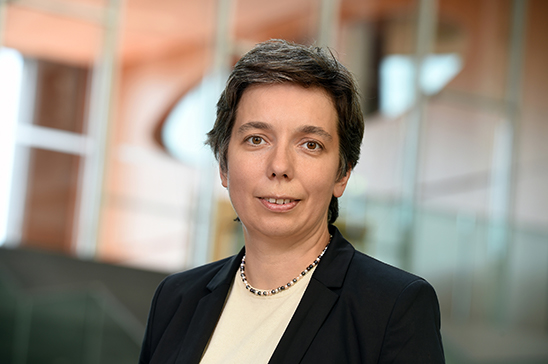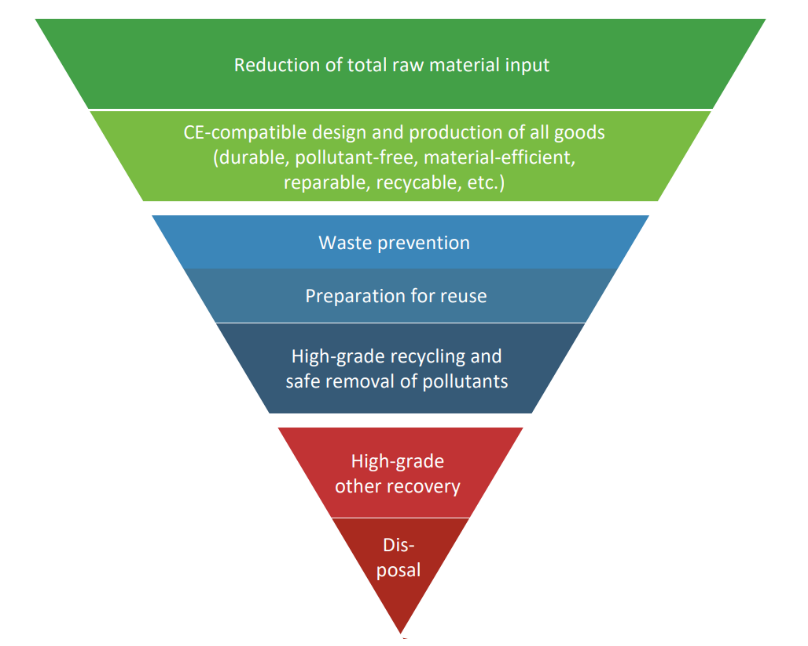Curriculum vitae

Vera Susanne Rotter, is since 2003 as junior professor, since 2010 as full professor head of the group ‘Solid waste management‘ at the Technische Universität Berlin. The group changed in 2016 its name to ‚circular economy and recycling technologies’ following a new research profile.
Professor Rotter main research areas are innovative separation technologies and circular economy concepts, product-oriented recycling strategies and producer responsibility, and integration of secondary raw material in value chains. With her team she works in national and international project consortia addressing the technologies and information management to support the recovery of critical raw materials from electronics, batteries, photovoltaic and vehicles. Further projects address the sustainable management of residual biomass in the NEXUS energy – agriculture and climate change mitigation - soil protection , i.e. in Vietnam und China. In the period 2016-2020 Prof. Rotter got appointed by the as council member of the German Advisory Council on the Environment (SRU) German federal government.
